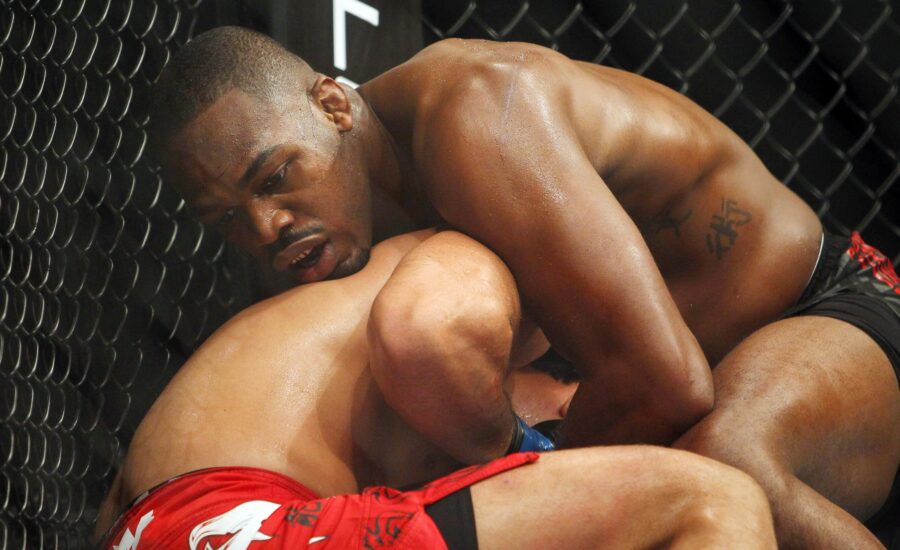Brazilian Jiu-Jitsu (BJJ) has long been a cornerstone of success in the UFC, with its intricate techniques and skilled practitioners leaving an indelible mark on the sport. In this blog post, we delve into the world of BJJ in the UFC, exploring the techniques, strategies, and legendary figures that have shaped its influence.
BJJ is a ground-based martial art that emphasizes leverage, technique, and submissions to overcome opponents. Within the realm of the UFC, BJJ has proven to be a game-changer, as fighters adept in this discipline can neutralize larger, more powerful opponents by utilizing their skills on the ground.
One of the key aspects of BJJ in the UFC is its array of techniques, including sweeps, joint locks, chokes, and transitions. These techniques, honed through years of training and experience, allow BJJ practitioners to dictate the pace and outcome of fights. From the guard position to dominant top control, fighters with a solid BJJ foundation can seamlessly transition between positions and capitalize on openings for submissions.
Legendary figures have emerged in the UFC who have showcased the effectiveness of BJJ. Icons like Royce Gracie, Demian Maia, and Fabricio Werdum have left an indelible mark on the sport, utilizing their BJJ skills to achieve great success. These fighters have demonstrated the importance of a well-rounded skill set and the ability to seamlessly integrate BJJ techniques into their overall game plan.
Furthermore, the application of BJJ techniques in real-time UFC fights requires a deep understanding of strategy and timing. BJJ practitioners must be patient, waiting for the opportune moment to initiate sweeps, submissions, or escapes. Proper positioning and the ability to read an opponent’s movements are essential in executing effective BJJ techniques inside the Octagon.
BJJ has also influenced other disciplines within MMA, as fighters from various backgrounds recognize the importance of grappling and submission skills. The ability to defend against BJJ techniques and utilize counter-submissions has become crucial for success in the UFC. Many fighters incorporate BJJ into their training regimens to improve their ground game and increase their chances of victory.
In conclusion, the art of Brazilian Jiu-Jitsu has played a significant role in the UFC, with its techniques and legends leaving an enduring impact on the sport. The intricate nature of BJJ, combined with the strategic mindset and technical prowess required, has elevated the ground game in the UFC and redefined the possibilities in MMA. As the sport continues to evolve, BJJ remains an essential component for fighters seeking to achieve success inside the Octagon.


